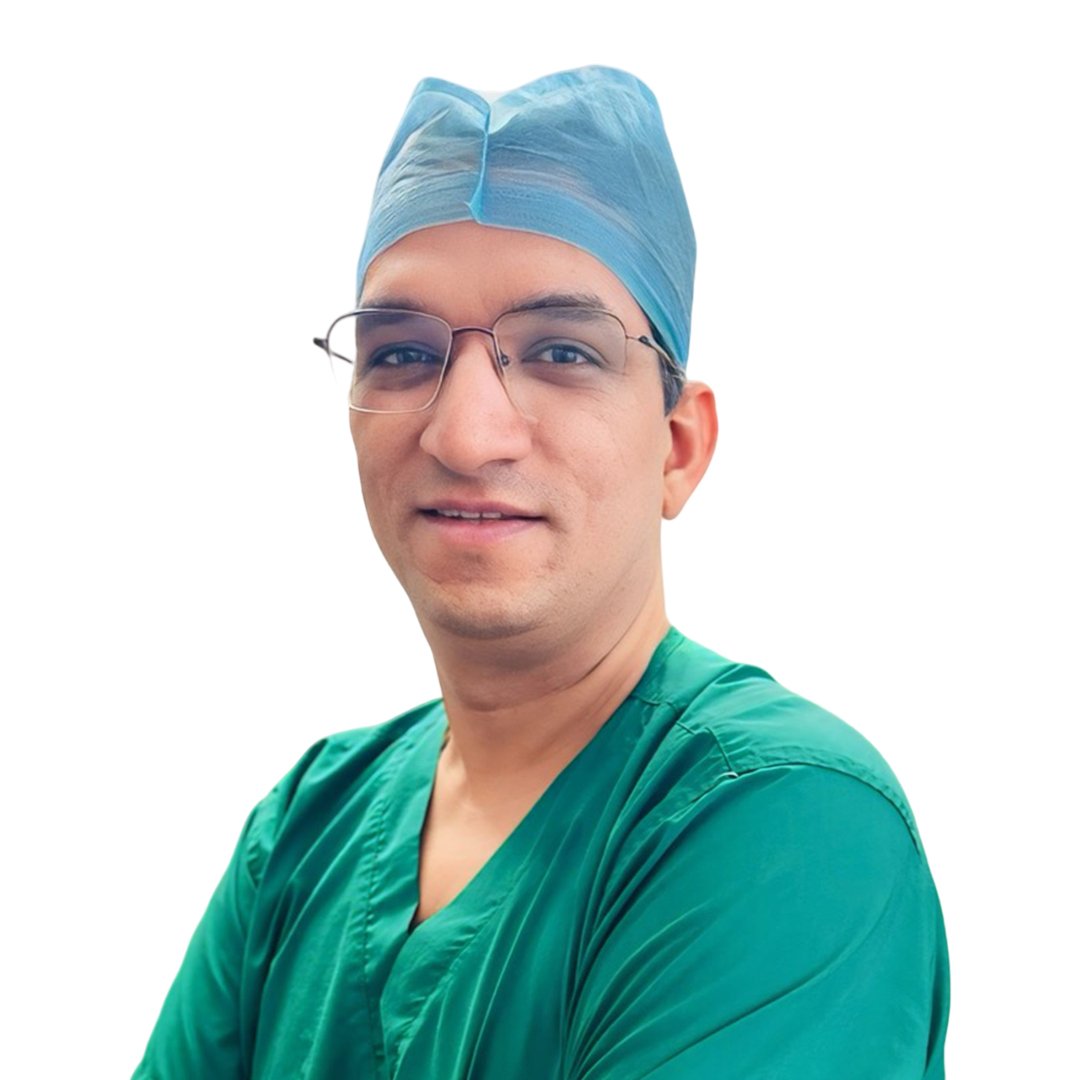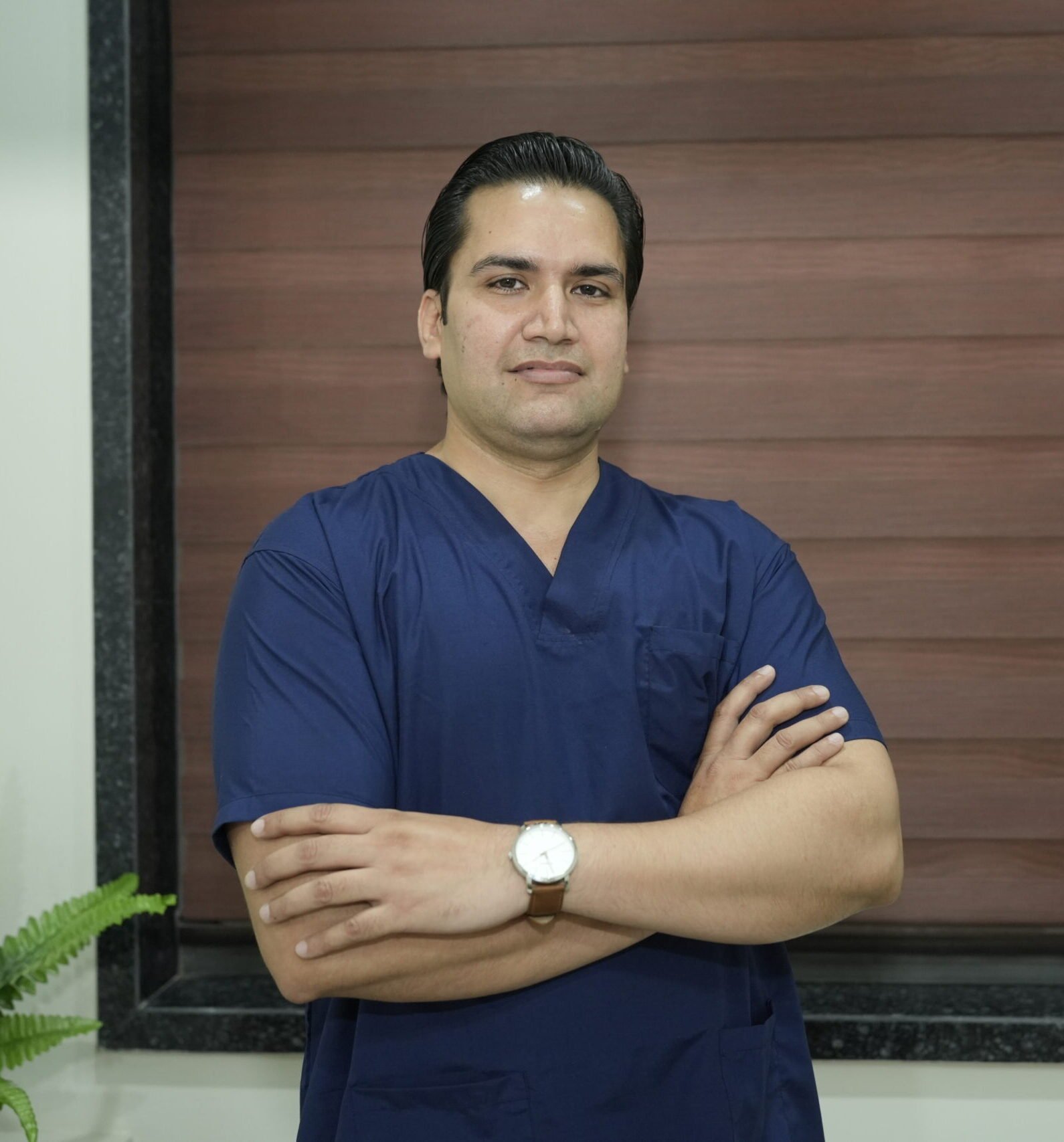Cerebrovascular Disorders Treatment In Jaipur
Comprehensive Care at Pink Star Hospital, Jaipur
At Pink Star Hospital in Jaipur, we offer specialized care for cerebrovascular disorders, as it is a Best Cerebrovascular Disorders Treatment In Jaipur which involve the blood vessels supplying the brain. Our expert team of neurologists and neurosurgeons is dedicated to diagnosing, treating, and managing these complex conditions with the utmost precision and care.
Understanding Cerebrovascular Disorders:
Cerebrovascular disorders treatment in jaipur refer to a group of conditions that affect the blood vessels and blood supply to the brain. These disorders can lead to serious and life-threatening events such as strokes and aneurysms.
Common Cerebrovascular Disorders
- Stroke: A stroke happens when blood flow to a part of the brain is blocked or reduced, leading to a lack of oxygen and nutrients in the brain tissue.
- Transient Ischemic Attack (TIA): Often called a mini-stroke, it is a temporary period of symptoms similar to those of a stroke, indicating a high risk of a future stroke.
- Brain Aneurysm: A weakened area in the wall of a blood vessel in the brain that bulges and fills with blood, potentially leading to a rupture.
- Arteriovenous Malformation (AVM): An abnormal tangle of blood vessels connecting arteries and veins in the brain, which can rupture and cause bleeding.
- Carotid Artery Disease: Narrowing or blockage of the carotid arteries, which supply blood to the brain, increasing the risk of stroke.
Symptoms of Cerebrovascular Disorders:
- Abrupt numbness or weakness in the face, arm, or leg, especially on one side of the body.
- Rapid onset of confusion, speech difficulties, or trouble understanding speech.
- Sudden onset of vision impairment in one or both eyes.
- Suddenly having trouble walking, feeling dizzy, experiencing loss of balance, or encountering coordination issues.
- Abrupt and severe headache with no clear cause.
Diagnosis and Evaluation:
Early and accurate diagnosis is crucial for effective treatment of cerebrovascular disorders. At Pink Star Hospital, we utilize advanced diagnostic techniques, including:
- CT Scans: To detect bleeding, stroke, or other abnormalities in the brain.
- MRI Scans: To provide detailed images of brain tissue and blood vessels.
- Carotid Ultrasound: To evaluate blood flow in the carotid arteries.
- Cerebral Angiogram: To capture detailed images of blood vessels inside the brain.
- Doppler Ultrasound: To measure blood flow and detect blockages.
Treatment Options:
Our approach to treating cerebrovascular disorders is comprehensive and tailored to each patient’s needs. Treatment options include:
– Medications: To dissolve clots, lower blood pressure, reduce cholesterol levels, and prevent additional clot formation.
- Endovascular Procedures: Minimally invasive techniques to repair blood vessels, such as angioplasty and stenting.
- Surgery: To remove clots, repair aneurysms, or treat AVMs. Procedures may include carotid endarterectomy or surgical clipping of aneurysms.
- Rehabilitation: Personalized rehabilitation programs to aid recovery, including physical therapy, occupational therapy, and speech therapy.
Rehabilitation and Recovery:
Recovery from cerebrovascular disorders varies based on the condition’s severity and the individual patient. Our multidisciplinary team at Pink Star Hospital provides customized rehabilitation plans to help patients regain function and improve their quality of life.
Preventive Care and Education:
Prevention and early detection of cerebrovascular disorders are key to reducing the risk of severe complications. We offer educational programs and preventive care strategies, including:
- Managing high blood pressure and diabetes
- Quitting smoking
- Maintaining a healthy diet and weight
- Engaging in regular physical activity
- Monitoring and controlling cholesterol levels
Support for Patients and Families:
Cerebrovascular disorders not only affect patients but also their families. We provide comprehensive support and resources to help families cope with the challenges associated with these conditions, ensuring they are well-informed and involved in the care process.
Conclusion:
At Pink Star Hospital, we are committed to providing exceptional care for patients with cerebrovascular disorders. Our expert team, advanced diagnostic tools, and personalized treatment plans ensure the best possible outcomes. If you or a loved one is at risk of a cerebrovascular disorder or experiencing symptoms, contact us for expert evaluation and care. For top-notch Cerebrovascular Disorders Treatment In Jaipur, trust Pink Star Hospital to deliver excellence.
Explore Our Main Services

Neuro Science
Studies the nervous system, focusing on diagnosing and treating brain, spinal cord, and nerve disorders to enhance understanding and treatment of neurological conditions.

General Medicine
Involves the holistic care of adults, from diagnosis to treatment, covering a wide spectrum of health conditions to ensure overall well-being and prevention from disease.

Urology
Treats urinary tract and male reproductive system disorders through surgeries like kidney stone removal and prostate procedures, aiming to improve health and quality of life.

Pathology/ Biochemistry & Microbiology
Involves diagnosing diseases by meticulously examining tissues, cells, and body fluids, providing critical insights for precise medical treatment and comprehensive patient care.

ENT
Treats ear, nose, and throat disorders, such as hearing loss and sinusitis, using advanced medical and surgical methods to significantly improve health and quality of life.

Critical Care & ICU Servises

Cardiology
Specializes in diagnosing and treating heart and blood vessel disorders, using medical and surgical interventions to manage conditions like heart disease and hypertension.

General Surgery
Covers a variety of procedures for abdominal and related conditions, focusing on diagnosis, treatment, and advanced surgical techniques to ensure effective patient care.

Nephrology
Manages kidney conditions like chronic kidney disease, kidney stones & electrolyte disorders by treatments such as dialysis and transplantation, aiming to improve patient health & well-being.

Gastroenterology
Focuses on diagnosing and treating digestive system disorders, including conditions affecting the stomach, intestines, liver, and pancreas, to improve digestive health.

Trauma & Emergency
The trauma and emergency department provides immediate, life-saving care with advanced technology and expert staff, ensuring rapid and effective treatment 24/7 for all critical medical conditions and emergencies.

Radiology- CT/MRI
Uses imaging techniques like X-rays, MRI, and CT scans to diagnose and treat medical conditions, providing critical information for effective patient care.

Orthopaedic / Joint Replacement / Arthroscopy
Focuses on treating musculoskeletal issues through surgical and non-surgical methods, aiming to restore mobility and improve quality of life.

Gastroenterologist Surgery
Treats digestive disorders through advanced surgical procedures like appendectomies and liver transplants, significantly improving digestive health of patients and their overall well-being.

Plastic Surgery
Enhances appearance and function through a variety of cosmetic and reconstructive procedures, significantly improving the quality of patients’ lives and boosting their confidence.

Oncology
Specializes in diagnosing and treating cancer, utilizing therapies such as chemotherapy, radiation, and surgery to manage and eradicate tumors and improve patient outcomes.

Physiotherapy
Uses exercises and therapies to rehabilitate movement, treat injuries such as sports injuries and chronic pain, and aid post-surgical recovery, effectively promoting healing, mobility, and overall functional improvement.

Gynecology
Gynecology focuses on women’s reproductive health, treating menstrual issues, infertility, pregnancy, and menopause for overall well-being.
Meet Our Specialists
Dr. Rajvinder Singh Choudhary
NeurosurgeryDr. Ashwini Sharma
Consultant NeurosurgeonDr. Navneet Agarwal
Senior Consultant Neurosurgeon MBBS, MS, Mch. NeurosurgeryDr. Vaibhav Kumar Somavanshi
Consultant Neurologist, MBBS,DNB, DMDr. Rakesh Sharma
NeurosurgeryDr. Manoj Kumar Saini
MBBS, CCEBDM,PGGCCFAQ
Cerebrovascular disorders are conditions that affect the blood vessels and blood supply to the brain. These disorders can lead to strokes, transient ischemic attacks (TIAs), aneurysms, and other types of brain injuries due to disrupted blood flow.
Symptoms can vary depending on the specific disorder but often include sudden weakness or numbness in the face, arm, or leg (especially on one side of the body), confusion, trouble speaking or understanding speech, vision problems, dizziness, loss of balance or coordination, and severe headaches.
Risk factors include high blood pressure, smoking, diabetes, high cholesterol, obesity, physical inactivity, excessive alcohol consumption, and a family history of cerebrovascular diseases. Age and gender can also play a role, with older adults and men being at higher risk.
Diagnosis typically involves a physical examination, review of medical history, and imaging tests such as CT scans, MRI scans, and ultrasounds. Blood tests and other diagnostic procedures, like angiography, may also be used to assess blood flow and identify any blockages or abnormalities.
Treatment depends on the specific disorder but may include medications to control risk factors (such as antihypertensives, anticoagulants, and cholesterol-lowering drugs), lifestyle changes, and surgical procedures to remove blockages or repair damaged blood vessels. Rehabilitation therapies may also be necessary to recover lost functions.
Prevention strategies include managing risk factors like high blood pressure, diabetes, and high cholesterol through medication and lifestyle changes. Regular exercise, a healthy diet, avoiding smoking, and limiting alcohol intake can also reduce the risk. Regular medical check-ups and adhering to your healthcare provider’s recommendations are crucial for prevention.






